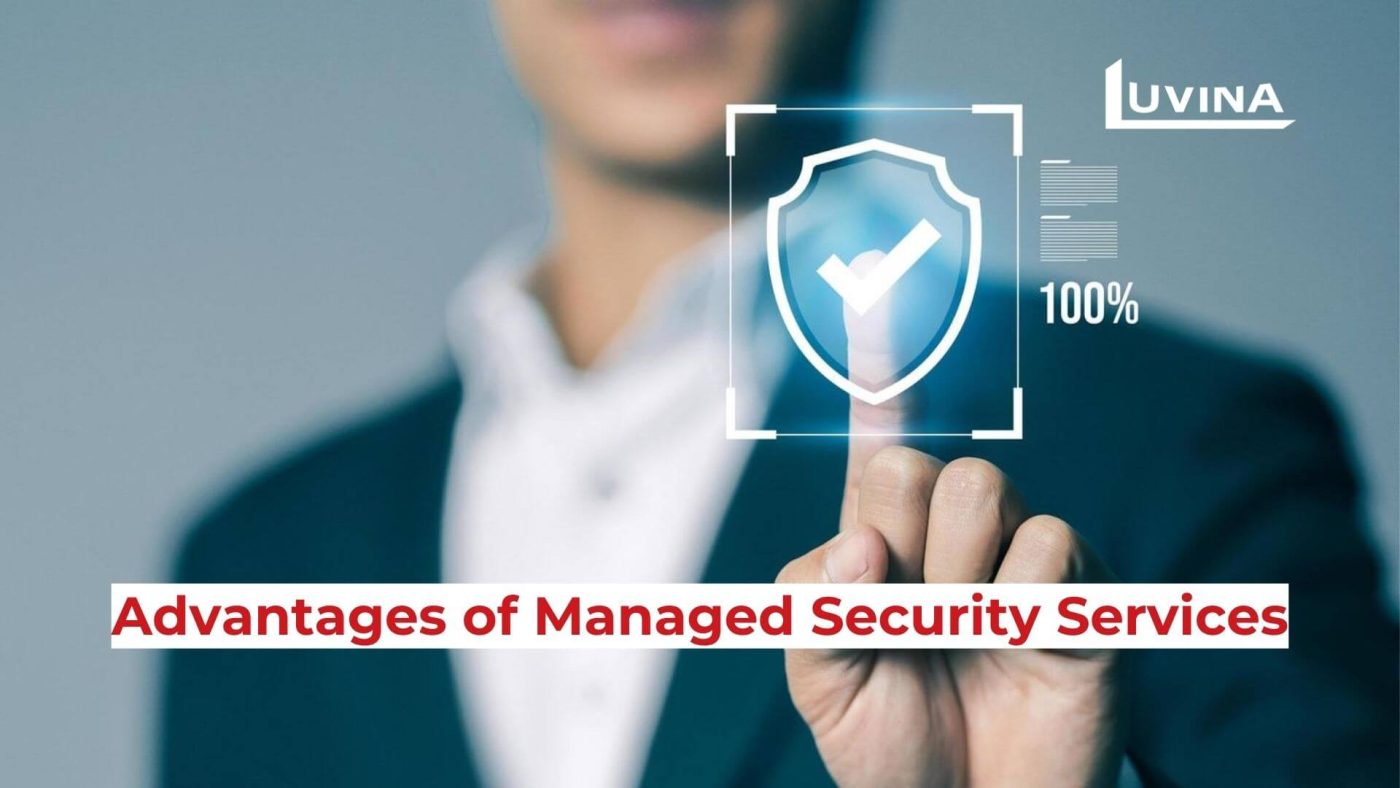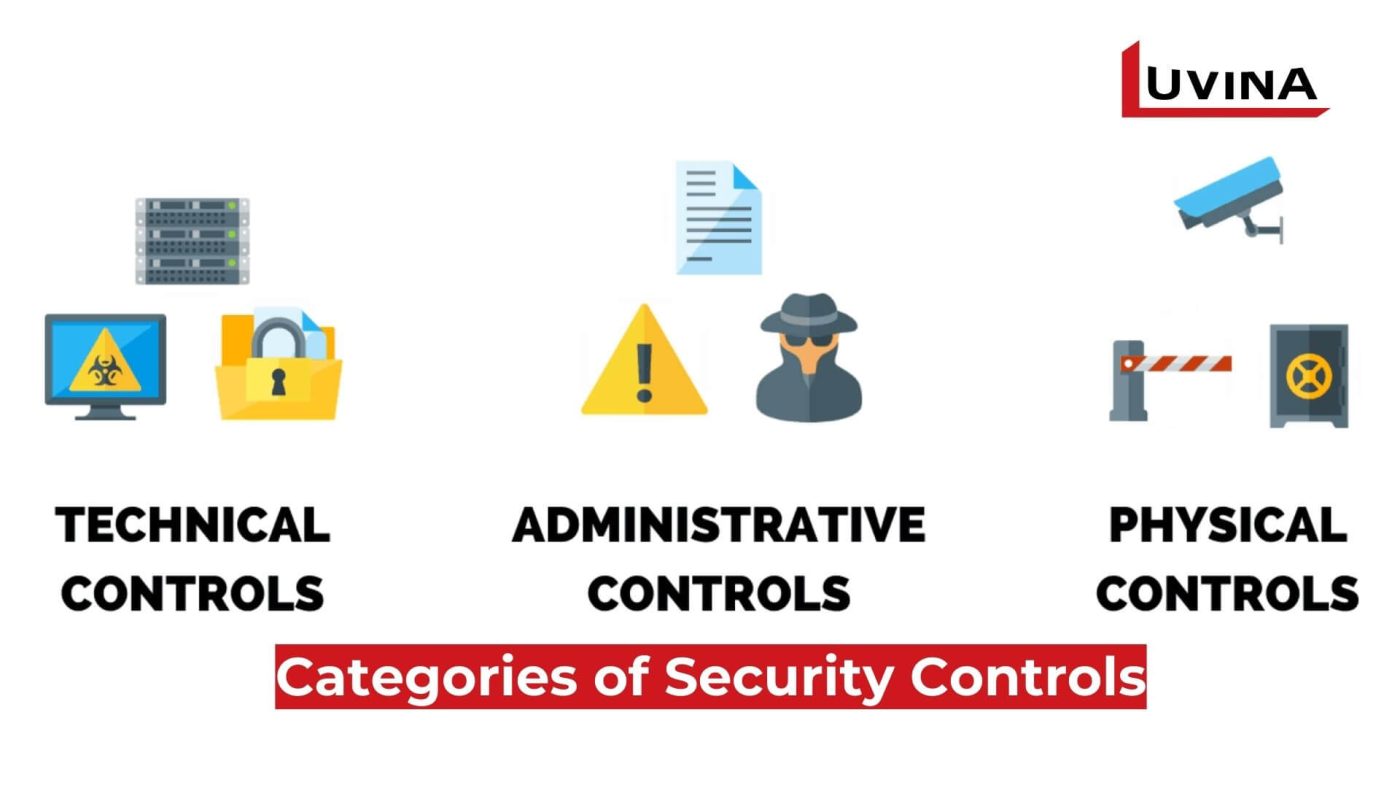In an era where digital risks loom large, IT security consulting stands as a beacon of defense for businesses navigating the complex cybersecurity landscape. This comprehensive guide delves into the realm of IT security consulting, shedding light on its paramount importance in safeguarding organizations against evolving threats. With a focus on IT security services, this blog aims to unravel the critical role these services play in fortifying defenses, mitigating risks, and fostering a resilient security posture within the ever-evolving digital sphere.
Understanding IT Security Consulting
IT security consulting involves expert guidance and advisory services aimed at fortifying an organization’s digital defenses against an array of cyber threats. Consultants in this field assess existing security infrastructures, identify vulnerabilities, and provide strategic recommendations to mitigate risks effectively.

Their role extends to advising on security policies, implementing robust measures, and guiding organizations through complex security challenges. The significance of this consultancy lies in offering tailored solutions that align with a company’s unique security needs, ensuring resilience against ever-evolving cyber threats while maximizing operational efficiency and regulatory compliance.
IT Security Management Services
IT security management services offered by consultants encompass a wide spectrum of crucial aspects within an organization’s security framework. These services delve into diverse domains, including risk assessment, policy development, incident response planning, and regulatory compliance. Consultants employ a range of strategies and methodologies tailored to the specific needs of each client. This often involves comprehensive risk analysis to identify potential threats and vulnerabilities, followed by creating and implementing robust security policies and protocols. Incident response planning and training are critical components, ensuring that organizations are well-prepared to handle and mitigate security breaches effectively. Consultants also assist in ensuring compliance with industry standards and regulations, implementing security controls, and continually monitoring and updating security measures to adapt to evolving threats. Their multifaceted approach aims to establish a proactive and resilient security posture within the organization.
Managed IT Security Services
Managed IT security services provided by consulting firms encompass a suite of offerings aimed at proactively monitoring, managing, and fortifying an organization’s security infrastructure. These services often include continuous threat monitoring, vulnerability assessments, firewall management, intrusion detection, and incident response planning.

By outsourcing security management to specialized providers, businesses gain access to a dedicated team of experts well-versed in the latest threats and security protocols. This allows organizations to leverage cutting-edge technologies and best practices without the burden of maintaining an in-house security team. Additionally, specialized providers often offer 24/7 monitoring and rapid incident response, providing a robust layer of protection against potential threats. Outsourcing security management also allows businesses to focus on their core operations while ensuring that their security needs are handled by experienced professionals. Overall, it streamlines security efforts, reduces risks, and ensures a proactive approach to safeguarding valuable assets against cyber threats.
IT Security Assessment and Compliance
IT security assessments serve as a cornerstone in identifying vulnerabilities, weaknesses, and potential risks within an organization’s digital infrastructure. These assessments involve comprehensive evaluations of systems, networks, and applications to uncover vulnerabilities that could be exploited by cyber threats. Moreover, they play a pivotal role in ensuring compliance with industry-specific regulations and standards. Effective security assessments often employ a multi-layered approach, including vulnerability scans, penetration testing, risk assessments, and security audits. These strategies help in identifying weaknesses, assessing potential impacts, and prioritizing remediation efforts. Meeting compliance standards involves aligning security practices with specific regulatory requirements, such as GDPR, HIPAA, or PCI DSS. By integrating security assessments with compliance efforts, organizations can proactively identify and address security gaps, ensuring not only robust defenses against threats but also adherence to industry regulations and standards.
IT Security Risk Assessment
IT security risk assessment involves a systematic evaluation of potential threats, vulnerabilities, and their potential impact on an organization’s digital assets and operations. The process typically starts with identifying assets, determining their value, and assessing the likelihood of various threats exploiting vulnerabilities. Techniques for comprehensive risk assessment include threat modeling, wherein potential threats are analyzed in conjunction with existing vulnerabilities to predict potential risks. This is often complemented by vulnerability assessments and penetration testing to identify weaknesses and simulate potential attack scenarios. Best practices encompass a holistic approach, considering various factors such as asset value, likelihood of threats, and potential impacts. The assessment should be ongoing and adaptable to evolving threats and technologies, ensuring that the organization stays vigilant and responsive to emerging risks. Regular review and update of risk assessments are crucial to maintain an effective security posture.
Incident Response in IT Security
Incident response in IT security involves a set of predefined protocols and strategies designed to effectively manage and mitigate security incidents when they occur. These protocols outline the steps to detect, analyze, contain, eradicate, and recover from security breaches or cyber incidents. A swift and efficient response is crucial as it minimizes the impact of an incident, reduces downtime, and mitigates potential damage to an organization’s data, systems, and reputation. Effective incident response strategies include having a well-defined incident response plan, establishing clear roles and responsibilities for incident responders, deploying incident detection and response tools, conducting regular drills and simulations to test the response plan, and ensuring continuous improvement based on lessons learned from past incidents. The ability to swiftly identify, contain, and remediate security incidents is critical in today’s threat landscape to limit the damage and swiftly restore normal operations.
IT Security Controls
IT security controls encompass various measures and tools implemented to protect an organization’s digital assets, infrastructure, and information from security threats and vulnerabilities. These controls are categorized into administrative, technical, and physical controls.

Administrative controls involve policies, procedures, and guidelines that govern security practices within an organization. Technical controls include security technologies and mechanisms like firewalls, encryption, antivirus software, and access controls. Physical controls pertain to tangible measures such as biometric access systems, surveillance, and secure facilities. Implementing and managing security controls effectively requires a comprehensive understanding of an organization’s risk profile, aligning security controls with identified risks, ensuring regular updates and maintenance of controls, and continuous monitoring and evaluation to ensure they remain effective against evolving threats. Additionally, compliance with industry standards and best practices plays a significant role in implementing robust security controls.
Conclusion
In today’s rapidly evolving digital landscape, IT security consulting stands as a crucial pillar in fortifying organizations against the diverse and ever-growing threats in cyberspace. With an array of comprehensive services, these consulting firms offer tailored strategies, advanced methodologies, and expert guidance to navigate the complex realm of cybersecurity. Businesses are encouraged to consider leveraging the expertise of IT security companies to fortify their defenses and proactively combat potential threats. As the cybersecurity landscape continues to evolve, the need for expert guidance and collaboration with specialized consultants becomes increasingly indispensable, ensuring resilient security measures and safeguarding the integrity of organizations’ digital assets.









Read More From Us?
Sign up for our newsletter
Read More From Us?
Sign up for our newsletter